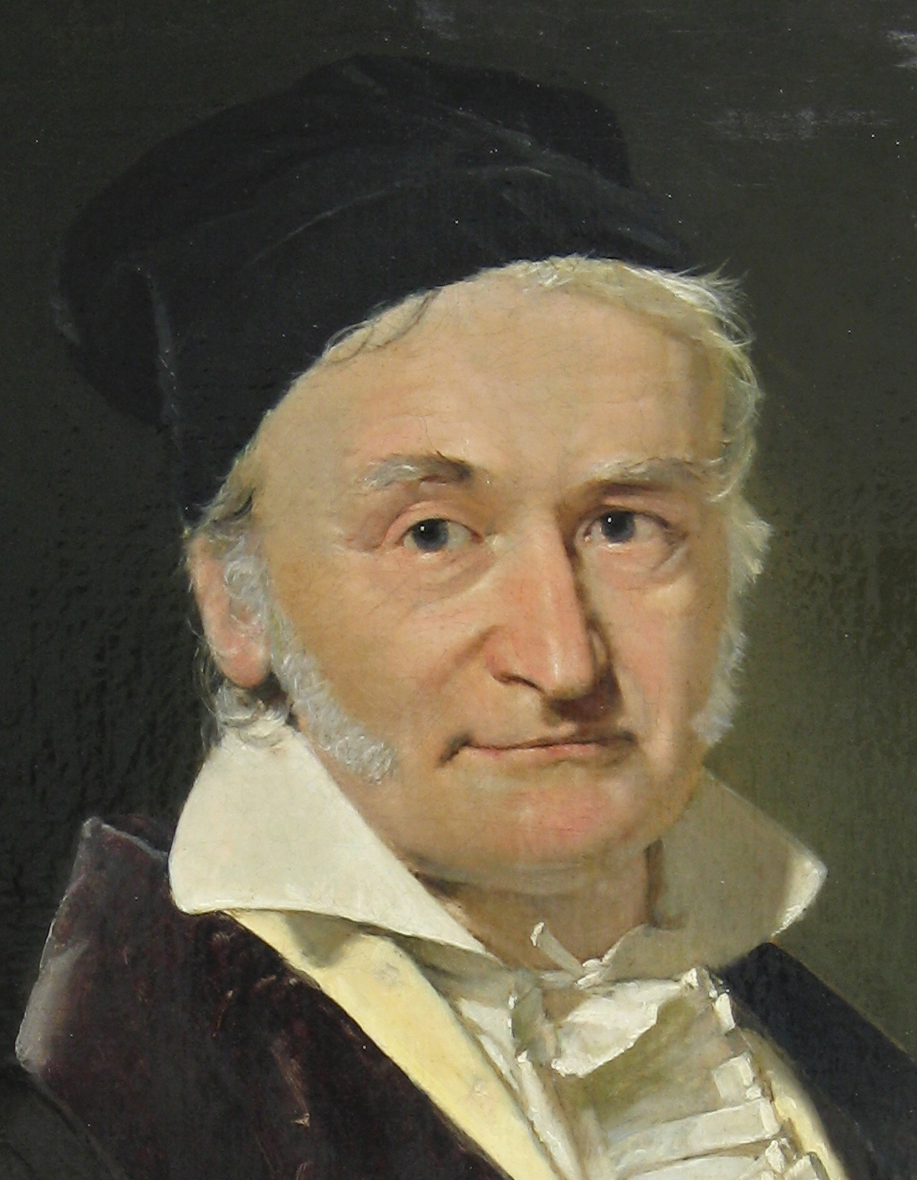As quoted in The World of Mathematics (1956) Edited by J. R. Newman
Carl Friedrich Gauss: Citations en anglais
As quoted in Gauss, Werke, Bd. 8, page 298
As quoted in Memorabilia Mathematica (or The Philomath's Quotation-Book) (1914) by Robert Edouard Moritz, quotation #1215
As quoted in The First Systems of Weighted Differential and Integral Calculus (1980) by Jane Grossman, Michael Grossman, and Robert Katz, page ii
“You say that faith is a gift; this is perhaps the most correct thing that can be said about it.”
As quoted in Carl Friedrich Gauss: Titan of Science (1955) by Guy Waldo Dunnington. p. 305.
Problema, numeros primos a compositis dignoscendi, hosque in factores suos primos resolvendi, ad gravissima ac utilissima totius arithmeticae pertinere, et geometrarum tum veterum tum recentiorum industriam ac sagacitatem occupavisse, tam notum est, ut de hac re copiose loqui superfluum foret. … [P]raetereaque scientiae dignitas requirere videtur, ut omnia subsidia ad solutionem problematis tam elegantis ac celebris sedulo excolantur.
Disquisitiones Arithmeticae (1801): Article 329
Letter to Gerling (1832)
Theoria motus corporum coelestium in sectionibus conicis solem ambientum (1809) Tr. Charles Henry Davis as Theory of the Motion of the Heavenly Bodies moving about the Sun in Conic Sections http://books.google.com/books?id=cspWAAAAMAAJ& (1857)
“I have had my results for a long time: but I do not yet know how I am to arrive at them.”
The Mind and the Eye (1954) by A. Arber
What are we without the hope of a better future?
As quoted in Kneller, Karl Alois, Kettle, Thomas Michael, 1911. "Christianity and the leaders of modern science; a contribution to the history of culture in the nineteenth century" https://archive.org/stream/christianitylead00kneluoft#page/44/mode/2up, Freiburg im Breisgau, p. 44-45
Carl Friedrich Gauss: Titan of Science (1955) by Guy Waldo Dunnington. p. 349
“Mathematics is the queen of the sciences.”
As quoted in Gauss zum Gedächtniss (1856) by Wolfgang Sartorius von Waltershausen; Variants: Mathematics is the queen of sciences and number theory is the queen of mathematics. She often condescends to render service to astronomy and other natural sciences, but in all relations she is entitled to the first rank.
Mathematics is the queen of the sciences and number theory is the queen of mathematics. [Die Mathematik ist die Königin der Wissenschaften und die Zahlentheorie ist die Königin der Mathematik.]
In Theoria residiorum biquadraticorum, Commentatio secunda; Werke, Bd. 2 (Goettingen, 1863), p.177. As quoted by Robert Edouard Moritz in Memorabilia mathematica: the philomath's quotation book (1914) p. 282.
"Gauss's Abstract of the Disquisitiones Generales circa Superficies Curvas presented to the Royal Society of Gottingen" (1827) Tr. James Caddall Morehead & Adam Miller Hiltebeitel in General Investigations of Curved Surfaces of 1827 and 1825 (1902)
In a letter to Gerling on June 23, 1846. As quoted in Carl Friedrich Gauss: Titan of Science (1955) by Guy Waldo Dunnington. p. 364
A reply to Rudolf Wagner's on his religious views as quoted in Carl Friedrich Gauss: Titan of Science (1955) by Guy Waldo Dunnington. p. 305.
As quoted in Carl Friedrich Gauss: Titan of Science (1955) by Guy Waldo Dunnington. p. 306
On higher arithmetic. Mathematical Circles Adieu (1977) by Howard W. Eves
Carl Friedrich Gauss: Titan of Science (1955) by Guy Waldo Dunnington. p. 359
"Gauss's Abstract of the Disquisitiones Generales circa Superficies Curvas presented to the Royal Society of Gottingen" (1827) Tr. James Caddall Morehead & Adam Miller Hiltebeitel in General Investigations of Curved Surfaces of 1827 and 1825 http://books.google.com/books?id=SYJsAAAAMAAJ& (1902)
As quoted in Kneller, Karl Alois, Kettle, Thomas Michael, 1911. "Christianity and the leaders of modern science; a contribution to the history of culture in the nineteenth century" https://archive.org/stream/christianitylead00kneluoft#page/46/mode/2up, Freiburg im Breisgau, p. 46
As quoted in Carl Friedrich Gauss: Titan of Science (1955) by Guy Waldo Dunnington. p. 360
